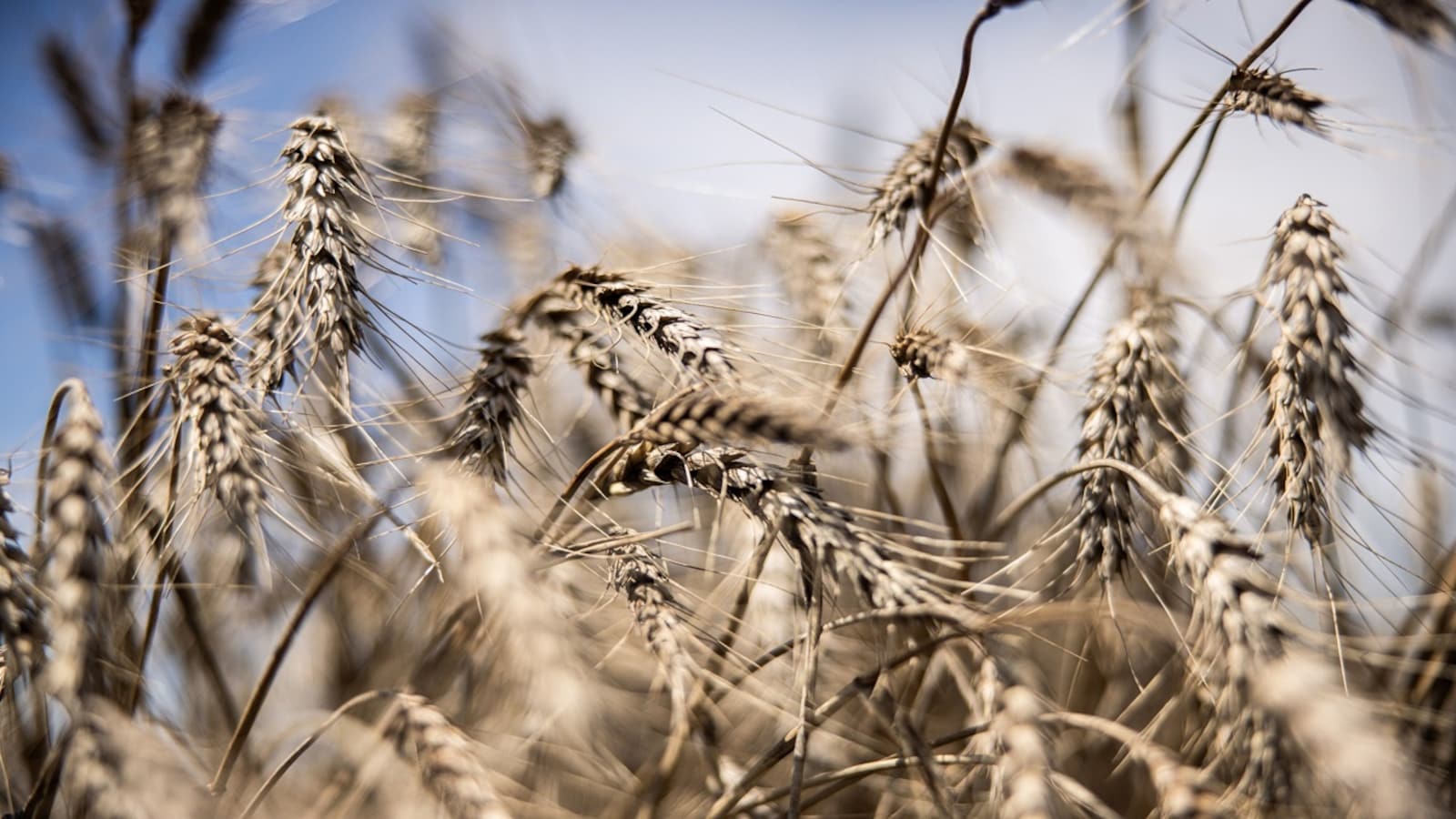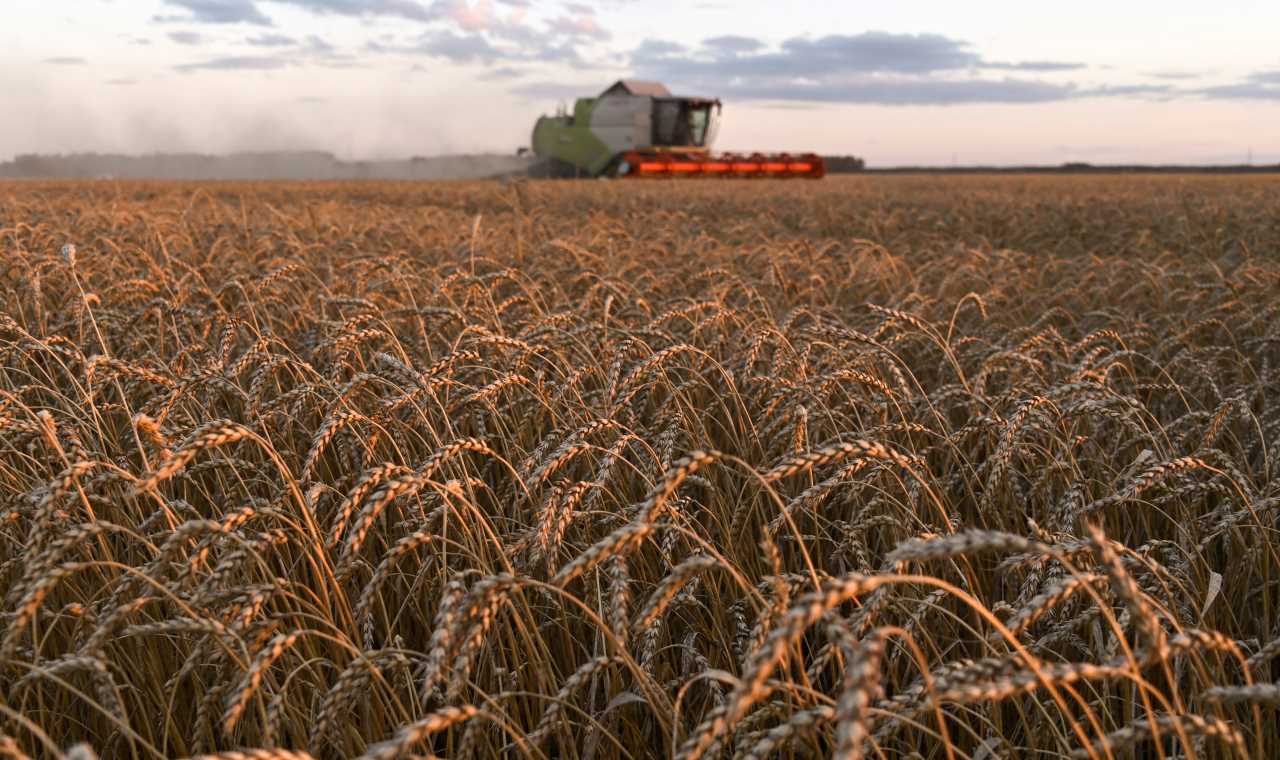More wheat sales in open market are the government’s plan to increase food security 2023

More wheat sales in open market are the government’s plan to increase food security 2023
In a significant development, the government has announced its decision to sell more wheat in the open market.
This move is aimed at addressing various economic and food security concerns while ensuring that consumers have access to an adequate supply of wheat at reasonable prices.
Wheat, as a staple food crop, plays a pivotal role in many countries’ diets, making this decision a crucial step in safeguarding the food security and stability of the nation.

One of the primary reasons behind the government’s decision to sell more wheat in the open market is the surplus production of wheat in the country.
Agriculture, being a significant contributor to the economy, often leads to varying crop yields. In years of bumper harvests, governments must find effective ways to manage the surplus production to avoid wastage.
The government’s intervention in selling surplus wheat helps maintain price stability in the wheat market. By releasing wheat into the open market, the excess supply can meet the demand, preventing drastic fluctuations in wheat prices.

This is crucial for both consumers and farmers, as price stability ensures that consumers can afford essential food items, while farmers receive fair compensation for their efforts.
Food security is a paramount concern for any government. By selling surplus wheat, governments can ensure that there is an ample supply of wheat in the market, even during times of potential crop failure or shortages.
This buffer stock can act as a safeguard against sudden spikes in food prices and ensures that citizens have access to a basic food staple.
The sale of surplus wheat can generate revenue for the government. These funds can be reinvested in agricultural development, infrastructure, and other critical areas that benefit the overall economy. This additional income can also be used to support farmers and enhance agricultural practices.

Maintaining surplus grain stocks can be costly for the government in terms of storage, security, and preservation. By selling excess wheat in the open market, the government can reduce these costs, making more resources available for other essential public services.
Governments can conduct public auctions where buyers, such as millers and food processors, can bid for the surplus wheat. This approach ensures a transparent and competitive process, which can result in fair prices and efficient allocation.
Existing grain procurement agencies can be entrusted with the responsibility of selling surplus wheat. These agencies have the necessary infrastructure and experience to manage such operations effectively.
Governments can implement price controls to ensure that wheat is sold at reasonable prices in the open market. This measure helps prevent price manipulation and ensures that the benefit of surplus wheat reaches consumers.

If there is a surplus beyond domestic requirements, governments can explore export opportunities. Exporting wheat can not only help reduce surplus stocks but also generate foreign exchange earnings.
Government intervention can sometimes disrupt market dynamics. Therefore, it is essential to strike a balance between intervention and allowing market forces to operate efficiently.
Adequate storage facilities and logistical support are crucial to ensure that surplus wheat is not wasted or damaged before reaching the market.Price controls and subsidies must be carefully managed to prevent distortions in the market that can discourage private sector participation.

The interests of farmers who rely on wheat production must be considered. Selling surplus wheat at low prices could negatively affect their income, so compensation mechanisms may be needed.
The decision of the government to sell more wheat in the open market is a prudent move aimed at addressing various economic and food security challenges.
It helps manage surplus production, stabilize prices, ensure food security, generate revenue, and reduce storage costs.
However, the implementation of such a policy requires careful planning, transparency, and a balance between market forces and government intervention to achieve the desired goals.

By effectively managing surplus wheat stocks, governments can contribute to the well-being of their citizens and the overall stability of their economies.




